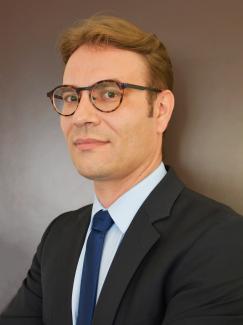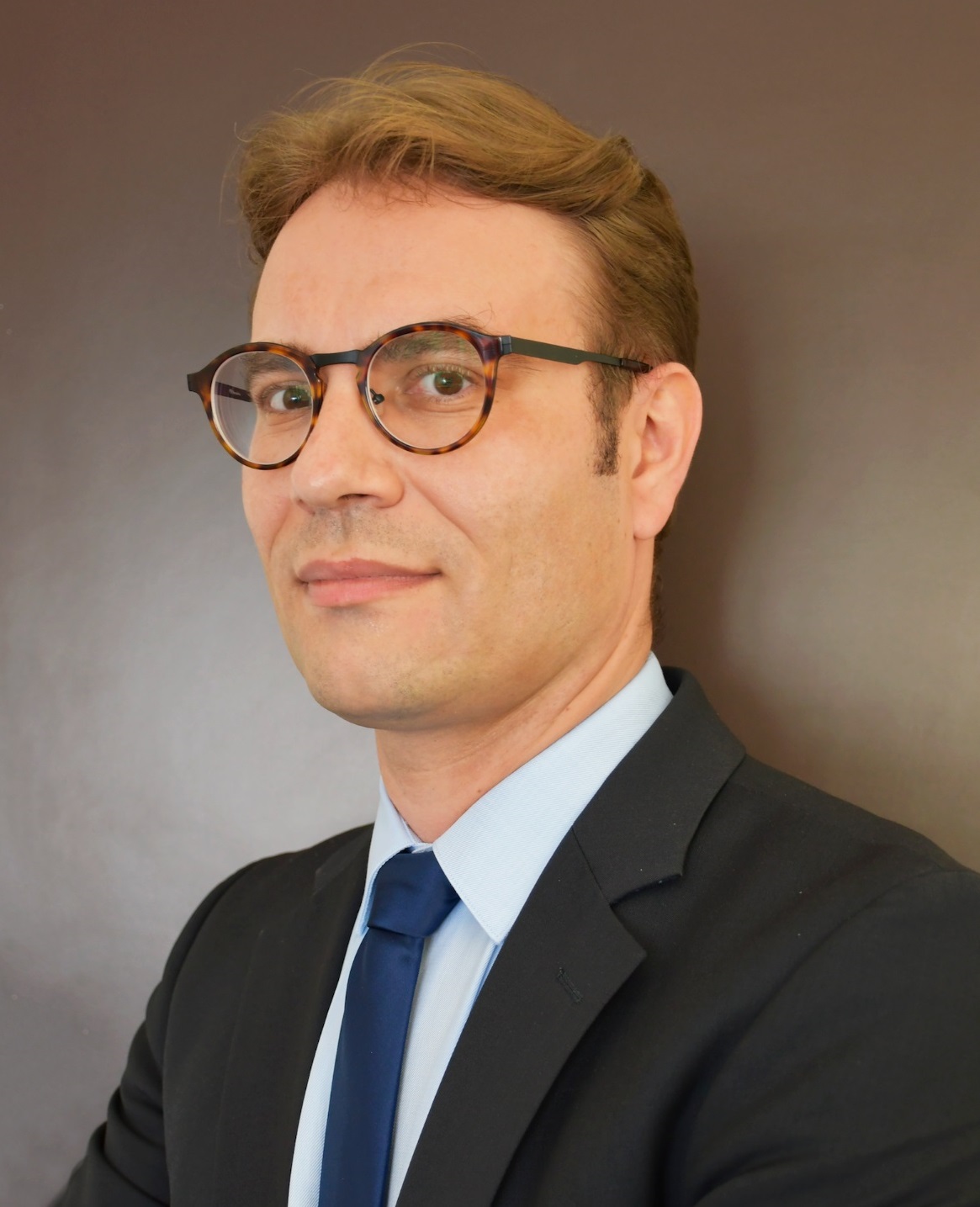Taking the Pulse: Has Political Deadlock in Member States Become a Strategic Problem for the EU?
At a pivotal moment for the EU, several of its member states are experiencing domestic political and economic crises. Is this hindering collective EU action in response to the challenges posed by Russia, China, and Trump’s administration?

Paul Maurice
Secretary general of the Study Committee on Franco-German Relations at the French Institute of International Relations (Ifri)
The possible change in the chancellorship from the Social Democratic Party’s Olaf Scholz to the Christian Democratic Union’s Friedrich Merz following the February 23 election in Germany could scale back the country’s defense commitments and military aid to Ukraine. Germany is also currently too preoccupied with its own internal problems to fully assume its traditional role as mediator between the United States and the EU. Meanwhile, France’s budgetary problems limit its ability to play a leading role in diplomatic negotiations or defense initiatives.
Add to this a few member states are being led by populist or far-right parties: Hungary, Italy, Slovakia, perhaps soon Austria... These situations create a leadership vacuum in key countries, complicating collective decisionmaking at EU level. European institutions such as the European Council, the commission, and the Polish presidency of the EU Council can play a stabilizing role, but they cannot fully compensate for the absence of national leadership.
The EU must also fix its economic competitiveness deficit, a crucial issue if it is to finance its ambitions in terms of defense and ecological transition. However, the internal divisions and divergent priorities of member states make it difficult to develop a coherent economic strategy in the face of China or the Trump’s United States, even if there is Franco-German convergence.
Aleksandra Kozioł
European security analyst at the Polish Institute of International Affairs (PISM)
Giovanni Grevi
Senior fellow at the Centre for Security, Diplomacy and Strategy of the Brussels School of Governance (VUB)
Nora Müller
Executive director for International Affairs at the Körber-Stiftung
Anna Wieslander
Director for Northern Europe at the Atlantic Council
Jaanika Merilo
Visiting lecturer at the Estonian Academy of Security Sciences
Daniel Gros
Director of the Institute for European Policymaking at Bocconi University
Oana Lungescu
Distinguished fellow at the Royal United Services Institute
Judy Dempsey
Nonresident senior fellow at Carnegie Europe
Ian Bond
Deputy director of the Centre for European Reform

Available in:
Themes and regions
Share
Related centers and programs
Discover our other research centers and programsFind out more
Discover all our analysesThe Franco-German Brigade and the Revival of European Defense
One thing has been clear since Donald Trump's return to the White House: the very existence of the European unification project is threatened. Unless it develops a sovereign defense policy to counter the war in Ukraine and the weakening of American security guarantees, the European Union will continue to see its internal cohesion and external attractiveness wane.
Friedrich Merz and the Zeitenwende 2.0. A “New Era” for Transatlantic Relations?
On February 23, 2025, almost 60 million voters were called upon to elect a new Bundestag. These elections will also give rise to a new government in Europe's largest economy.
After the Elections: Germany in Search of Shaken Stability?
With a voter turnout of 82.5%, Germany recorded its highest participation since 1987—an increase of 6.1 percentage points compared to 2021. As in the previous election, the high turnout particularly benefited the Alternative for Germany (AfD), which was able to mobilize many former non-voters. Many voters sought to punish the outgoing government with their ballots, as its approval rating had dropped to just 14% before the coalition broke apart in November 2024. Germany is now very likely heading toward a grand coalition between the CDU/CSU and the SPD, with exploratory talks having begun on February 28.
The German Greens as an Alliance Party: The End of an Illusion?
At the Wiesbaden Congress in November 2024, Robert Habeck, currently Minister for the Economy and Climate, was nominated as the Green Party’s candidate for the Chancellorship in the early parliamentary elections on February 23, 2025. The party, founded 45 years ago, is now firmly established in the German political landscape. Wishing to turn the page on an unloved ‘‘traffic light’’ coalition, the party is banking on a personal campaign and an optimistic discourse based on the energy transition and social justice.











